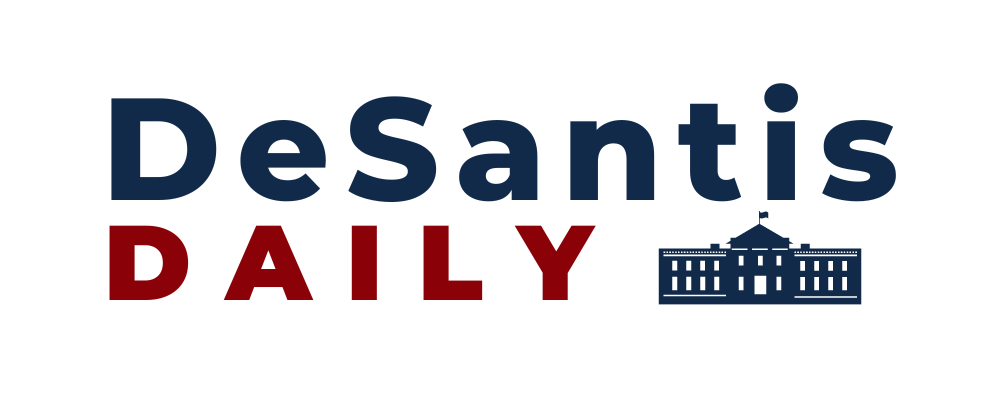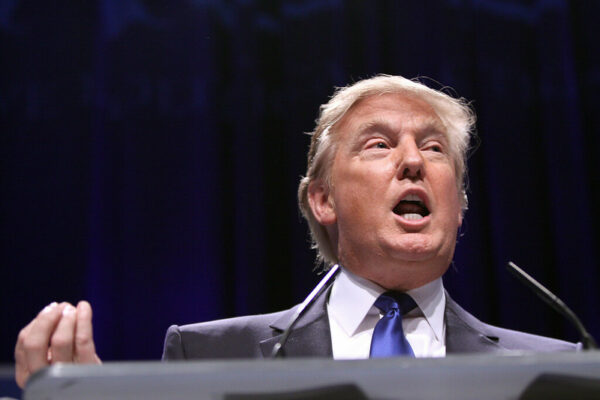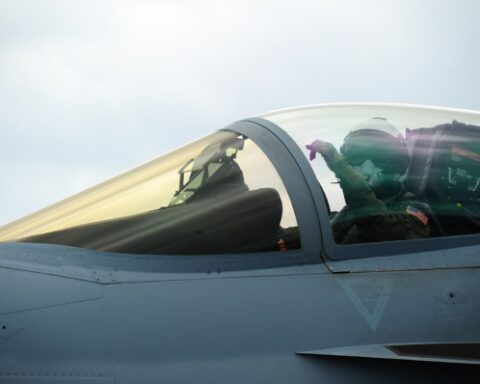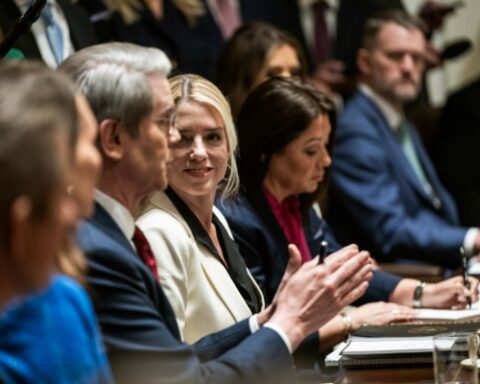In a recent interview with ABC News, President Trump reportedly indicated that the United States may become involved in the escalating military confrontation between Israel and Iran.
While he emphasized that the U.S. is not currently deployed in offensive operations, he suggested that intervention remains under consideration if American interests are threatened.
New aerial strikes have rocked the region in recent days, with Israel targeting Iranian nuclear and military infrastructure, prompting a retaliatory missile barrage from Tehran.
These actions have triggered a tense standoff, drawing global concern and calls for de-escalation from international leaders.
During the televised exchange, Mr. Trump said it is “possible” for the U.S. to support or participate in the conflict—even as he maintains that Washington has not yet done so.
He noted longstanding diplomatic engagement, including ongoing discussions around Iran’s nuclear ambitions. According to the administration, Iran has expressed interest in negotiating a deal that could curb its nuclear program.
Mr. Trump also said he and Russian President Vladimir Putin held an extended conversation regarding the Middle East situation. He described Putin as “ready” to mediate a resolution, though details of any proposal remain unclear.
The dialogues come after Iran canceled a planned nuclear negotiations session in Oman following Israeli airstrikes, signaling intensifying volatility in the region.
Experts suggest that heightened military action may serve as leverage in stalled diplomacy, a point reflected in Mr. Trump’s remarks that the recent conflict may accelerate negotiations.
The administration has nonetheless rallied support for Israel’s right to act in defense, providing strategic backing—short of direct military participation.
Separately, President Trump has reaffirmed his commitment to nuclear diplomacy. A recent letter to Iran’s Supreme Leader framed military involvement as a last resort, while emphasizing a preference for negotiated solutions. He warned that failure to engage in good-faith talks could prompt a forceful response.
Behind the scenes, U.S. policymakers continue to weigh potential scenarios, balancing deterrence and diplomacy. New sanctions targeting Iran’s oil sector remain in effect, and officials maintain that “all options are on the table”—from expanded sanctions to military support aimed at preventing Iran from acquiring nuclear weapons.
As hostilities persist and tensions heighten, the Administration faces a critical test: whether to draw the United States deeper into the Israel‑Iran crisis—or signal restraint as diplomacy unfolds.
[READ MORE: DeSantis Signs Death Warrant for Double Murderer]







